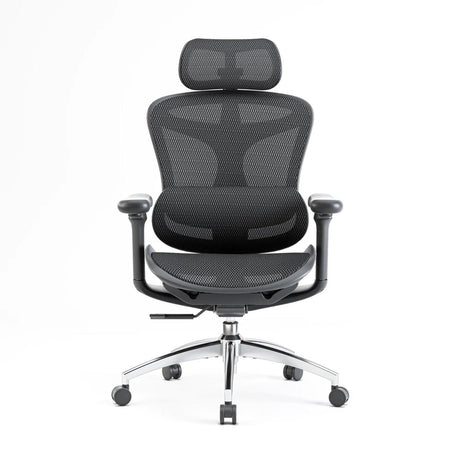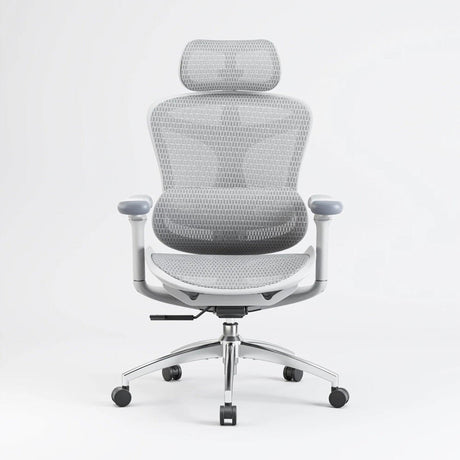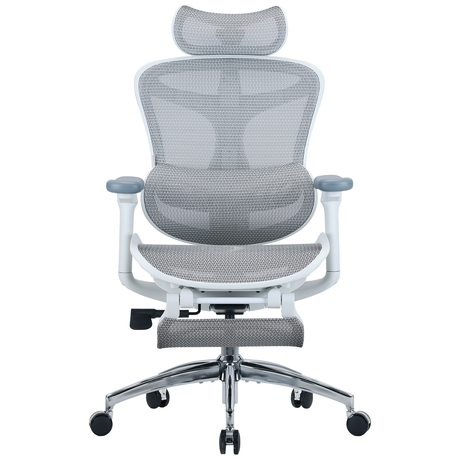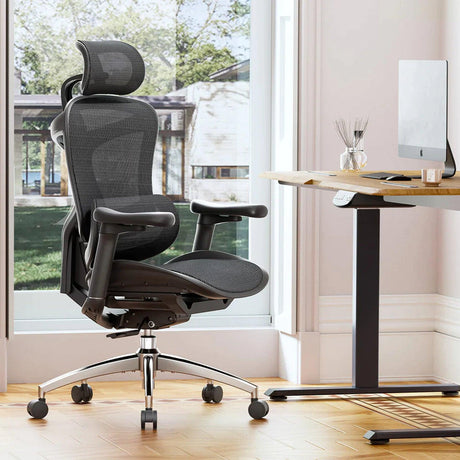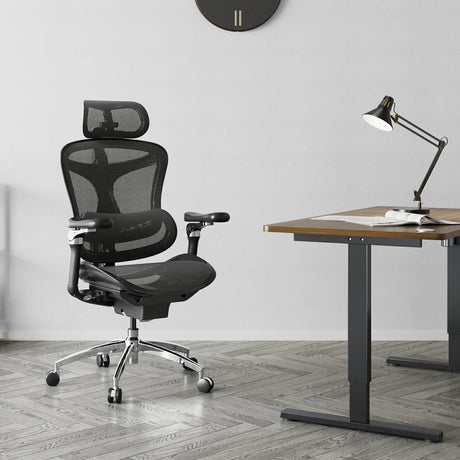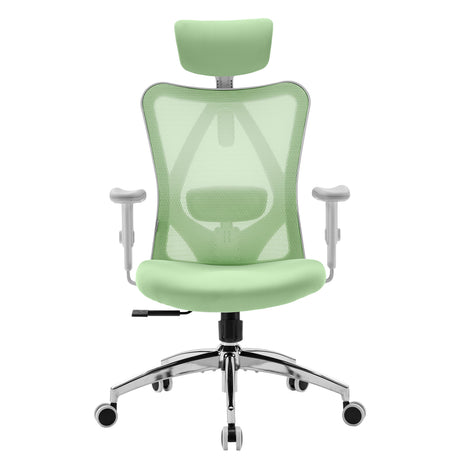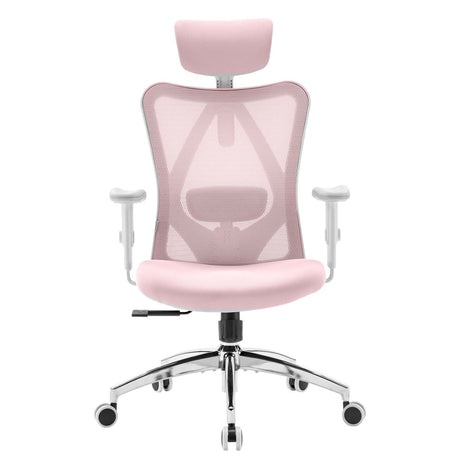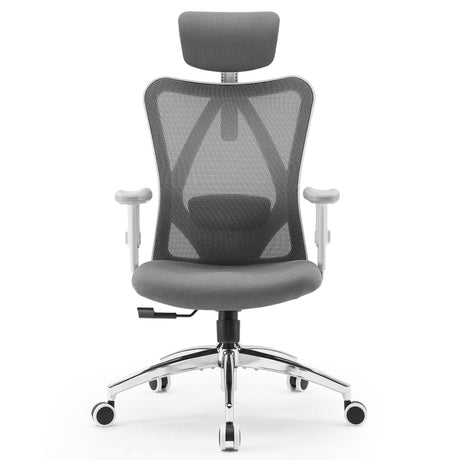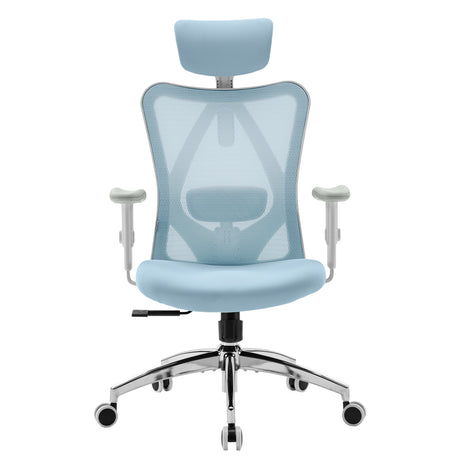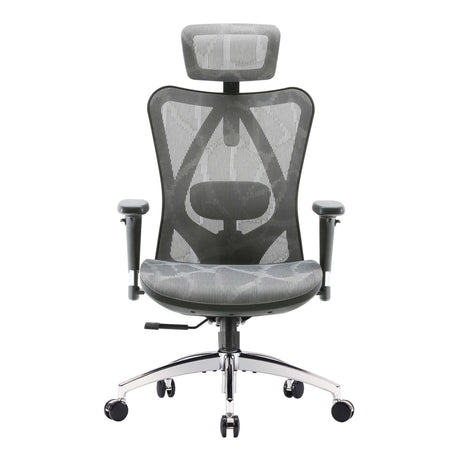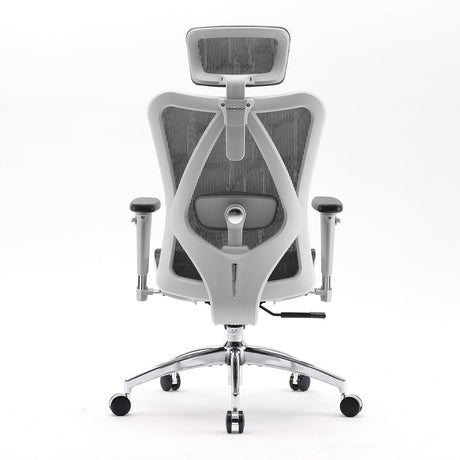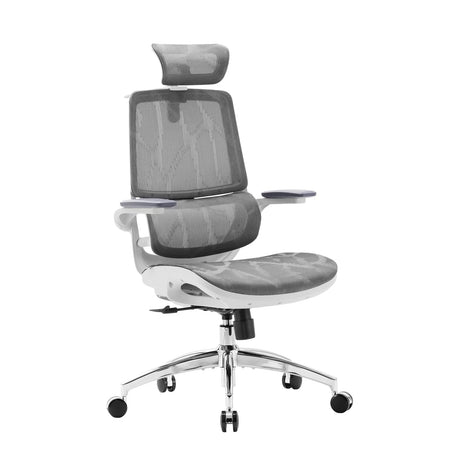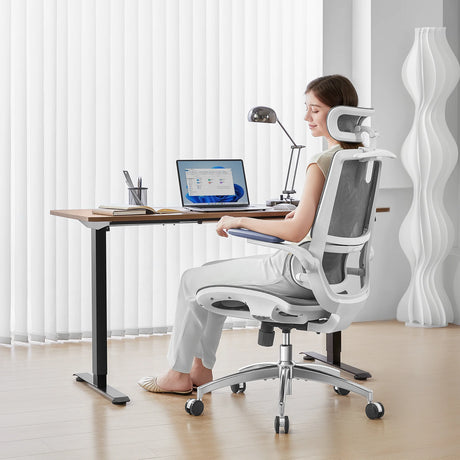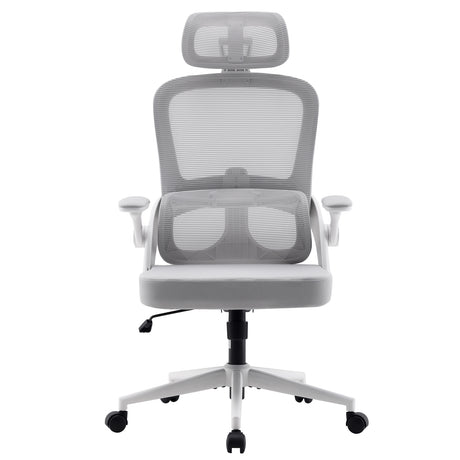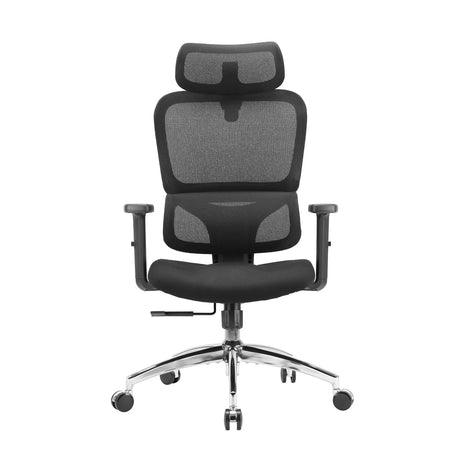Technology and modern conveniences have made life easier but have also contributed to the rise of sedentary behavior. From office chairs to gaming setups, we spend a significant amount of time sitting down. The average office worker, for example, spends more than 6 hours per day sitting, while the average American spends over 10 hours a day in a seated position, between work, commuting, and leisure activities. This phenomenon has led experts to label sitting as the “new smoking,” highlighting the alarming health risks associated with prolonged inactivity.
The Hidden Dangers of Sitting
You might not realize it, but sitting for long periods without proper movement or posture can have severe consequences for your health. Let’s break down some of the key dangers of prolonged sitting:
1. Increased Risk of Chronic Diseases
One of the most concerning consequences of prolonged sitting is its link to several chronic diseases. Research has shown that extended periods of sitting can increase the risk of conditions like heart disease, type 2 diabetes, and high blood pressure. Sitting for long stretches can lead to poor circulation, which in turn affects the cardiovascular system. As blood flow decreases, the risk of developing blood clots increases, potentially leading to life-threatening conditions like deep vein thrombosis (DVT).
2. Musculoskeletal Issues
The effects of prolonged sitting on your musculoskeletal system cannot be overstated. Poor posture and sitting for hours without moving can lead to significant discomfort and pain in the back, neck, and shoulders. The spine is particularly vulnerable when you’re slouched or sitting with improper support. Over time, this can lead to chronic pain, herniated discs, and other spinal issues. Additionally, sitting for long periods weakens muscles, particularly those in the core and lower back, which are essential for maintaining proper posture and balance.
3. Mental Health Consequences
The impact of prolonged sitting isn’t just physical—it can also affect your mental health. Research has shown that sedentary behavior can contribute to feelings of anxiety, depression, and stress. The lack of physical activity can lead to the release of fewer endorphins, which are the brain’s natural mood enhancers. Moreover, the isolation often associated with sitting for long hours (whether in an office or in front of a screen) can exacerbate feelings of loneliness and contribute to mental health decline.
4. Decreased Metabolism
When you’re sitting for prolonged periods, your metabolism slows down. The body burns fewer calories, and enzymes responsible for breaking down fat and regulating blood sugar become less active. This means that the body becomes less efficient at processing food and maintaining healthy energy levels. The longer you remain seated, the more your metabolism slows, potentially leading to weight gain and metabolic conditions like obesity.
The Science Behind It: Why Sitting Is So Harmful
You might be wondering why sitting is so harmful, considering it’s a natural part of daily life. The problem lies in the lack of movement. Sitting for hours on end causes the muscles, particularly the hip flexors, to remain contracted, which can lead to stiffness and pain. Additionally, sitting reduces circulation, which impairs nutrient delivery to the muscles and joints.
Research also suggests that when you sit for long periods, your body’s ability to regulate blood sugar and break down fat decreases. A study by Dr. David Dunstan, a leading expert in sedentary behavior, found that even if you exercise regularly, sitting for long hours can still lead to health problems. This is because the body becomes “stagnant” during extended sitting, and the metabolic processes that keep your body healthy and efficient are disrupted.
How to Combat the Dangers of Prolonged Sitting
Luckily, there are several ways to mitigate the health risks of prolonged sitting. By making small adjustments to your routine and work environment, you can significantly reduce the negative effects of sitting. Here are some practical tips to help you stay active and healthy:
1. Take Frequent Breaks
The key to combatting the dangers of prolonged sitting is to get up and move around regularly. Aim to stand, stretch, or walk for at least 5-10 minutes every hour. Use a timer to remind yourself to take breaks, or set a goal to stand every time you complete a task or finish a phone call.
2. Use a Standing Desk
If your job involves sitting for long periods, consider using a standing desk or a convertible desk that allows you to alternate between sitting and standing. Research has shown that standing for even a few hours a day can help reduce the negative effects of prolonged sitting, such as back pain and poor circulation. Some people even find that using a standing desk boosts productivity and focus.
3. Practice Good Posture
Sitting with poor posture can exacerbate the problems associated with sitting. Ensure that your chair and desk are set up ergonomically to support proper alignment. Your feet should be flat on the floor, your knees should be at a 90-degree angle, and your back should be supported by the chair’s lumbar support. Try to avoid slouching or hunching forward as this can put undue pressure on your spine and muscles.
4. Incorporate Movement Into Your Routine
Make it a point to incorporate more movement into your daily routine. This could include taking the stairs instead of the elevator, walking or cycling to work, or engaging in activities like yoga or stretching. Even light activities like walking around the house or stretching in your office can help counteract the negative effects of sitting.
5. Use an Ergonomic Chair
If sitting is inevitable, ensure that you’re using an ergonomic chair that supports your body properly. Chairs like the Sihoo ergonomic series provide excellent lumbar support, adjustable armrests, and seat depth adjustments to keep you comfortable and maintain good posture throughout the day.
6. Stay Hydrated
Drinking enough water is often overlooked, but staying hydrated is essential for maintaining energy levels and good circulation. Dehydration can make you feel sluggish and can exacerbate discomfort from sitting.
Conclusion
The untold truth about prolonged sitting is that it can have a profound and negative impact on your health, from physical discomfort to mental health challenges. The good news is that you can reduce these risks with small lifestyle changes—taking regular breaks, using ergonomic furniture, incorporating movement into your day, and being mindful of your posture. By making these adjustments, you can ensure that sitting doesn’t have to come at the expense of your health. Your body and mind will thank you for it.


